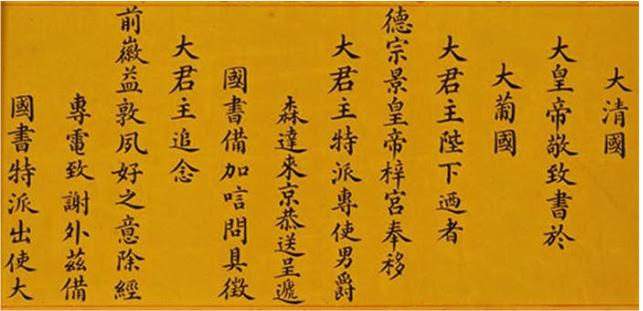Prof Menegon presents papers focusing on European diplomatic missions to Beijing in the mid-18th century
Professor Eugenio Menegon is on leave at the School for Historical Studies, Institute for Advanced Study, in Princeton NJ this semester, where he is working on his current book project on “Europeans in Late Imperial Beijing.” As part of his research, he recently presented two papers, focusing on European diplomatic missions to Beijing in the mid-18th century.
In the first paper, “Nissuno fu inteso come Dio volesse [No one was understood as God intended]: Interpreting, Translating, and the Multilingual Environment of the China Mission in the Eighteenth Century”,. presented at the Centro Cientifico e Cultural de Macau (CCCM) in Lisbon (Portugal) on October 14, 2015, as part of the International Symposium “China/Macau: Translation and Interpretation – Past and Present,” Menegon reconstructed the linguistic situation of Europeans in Canton and Beijing at the time.
While in Lisbon, he also had a chance to spend time and have a nice glass of wine with one of his former graduate students, Lily Havstad (Ph.D. candidate in African History at BU & advisee of Prof. Diana Wylie), and her partner Tyler Flack (2014 MA in History at BU). Lily is exploring colonial documentation about the history of Mozambique in Portuguese archives, after an intense research period in Maputo.
On the way back from Lisbon, Menegon then attended the conference “Early Modern China in the Late Imperial World” at the Johns Hopkins University on October 15-16, presenting a paper entitled “Whose Empire Were They Serving? The Political and Diplomatic Role of European Missionaries at the Qing Court in the Eighteenth Century”, analyzing the role of the Austrian Jesuit Augustin Hallerstein, head of the Chinese Imperial Astronomical Directorate, as Qing imperial official translator and assistant in the Portuguese embassy to Beijing in 1753.
